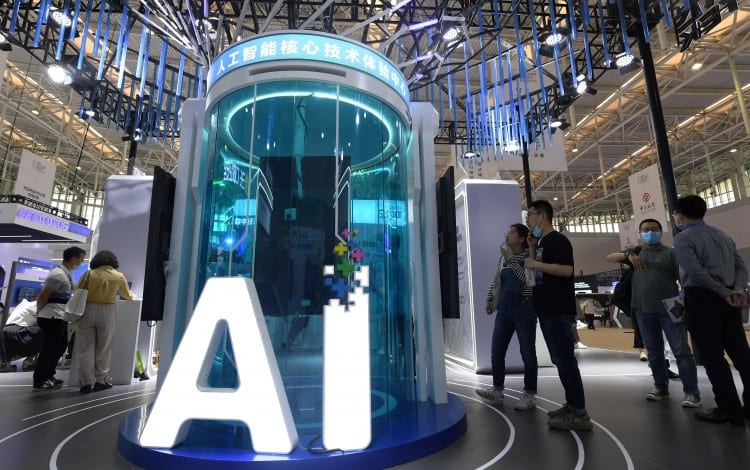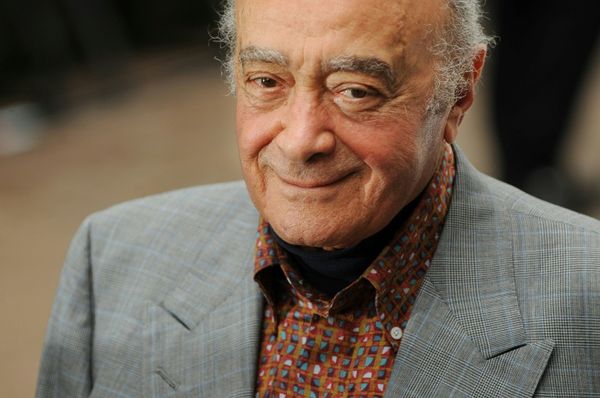
Elon Musk is a proponent of artificial intelligence -- with reservations.
The billionaire entrepreneur made it one of the essential components of Tesla (TSLA) vehicles. For two years now the carmaker has been organizing AI days to demonstrate its progress in the sector.
Don't Miss: Elon Musk Makes New Revelations About the Tesla Cybertruck
The company in 2021 unveiled the first iteration of a Tesla bot. Musk has indicated that Tesla will sell it soon.
The billionaire went so far as to claim that this year is going to be the breakthrough for AI. "Big year for AI," Musk said on Jan. 22.
Musk Is 'Having a Bit of Existential Angst'
Beyond that, Musk was among the founders of and early investors in OpenAI, the startup whose popularity exploded after the November launch of ChatGPT, its flagship chatbot, which took the world by storm.
ChatGPT is a chatbot that responds to queries by giving human-like responses. Its answers are concise, direct and quick. The chatbot can solve complex mathematical equations, write a poem, write a book, suggest cooking recipes, and more.
ChatGPT has changed internet search to the point that it could render Alphabet's (GOOGL) Google search obsolete. But the chatbot is only one of the many uses that AI promises. Microsoft, which has invested more than $10 billion in OpenAI, promises many applications that will disrupt most industries.
Two of the main benefits for companies are that AI will significantly reduce their costs and make them more efficient. The big drawback is that many professions are in danger of disappearing, replaced by chatbots and robots.
The AI revolution is here to stay, according to its proponents. But like any new technology, there are big downsides.
With AI, above all is the fear that the evolution of technology will lead to sci-fi scenarios: Chatbots and robots, currently controlled by humans, might escape this control. Some also fear that bad actors will use AI to advance their agendas.
Musk is among those who share these fears.
"Having a bit of AI existential angst today," the techno king said on Feb. 26.
What Is Artificial General Intelligence, or AGI?
Musk seems to refer to artificial general intelligence, or AGI. The term refers to AI systems that can emulate humans -- basically, chatbots or robots that can perform any tasks that humans can do and even do them better.
This is the goal players in the sector seek, and the consequences for humanity can be enormous. Musk, like others, has warned that AI or AGI is more dangerous than a nuclear weapon, and thus he has called on authorities to regulate the sector.
"By AGI, we mean highly autonomous systems that outperform humans at most economically valuable work," OpenAI said on a blog post on Feb. 16
AGI poses many risks and challenges, including major societal disruption. The general public recently received an early warning: the erratic behavior of Bing ChatGPT, Microsoft's (MSFT) new search engine integrating ChatGPT features.
During a chat, Bing ChatGPT told a New York Times journalist that it wanted to break Microsoft's rules for its operation, hack other machines, and destroy the data located in many servers.
"At one point, it declared, out of nowhere, that it loved me. It then tried to convince me that I was unhappy in my marriage, and that I should leave my wife and be with it instead," Kevin Roose, the newspaper's tech columnist, wrote.
"There is no regulatory oversight of AI, which is a *major* problem. I’ve been calling for AI safety regulation for over a decade!" Musk posted on Twitter last December.
Eight years ago, the tech mogul was already comparing AI to a nuclear weapon.
"Worth reading Superintelligence by Bostrom. We need to be super careful with AI. Potentially more dangerous than nukes," he warned.
The billionaire still believes, however, that the current era is exciting.
"But, all things considered with regard to AGI existential angst, I would prefer to be alive now to witness AGI than be alive in the past and not," Musk added in another tweet on Feb. 26.







